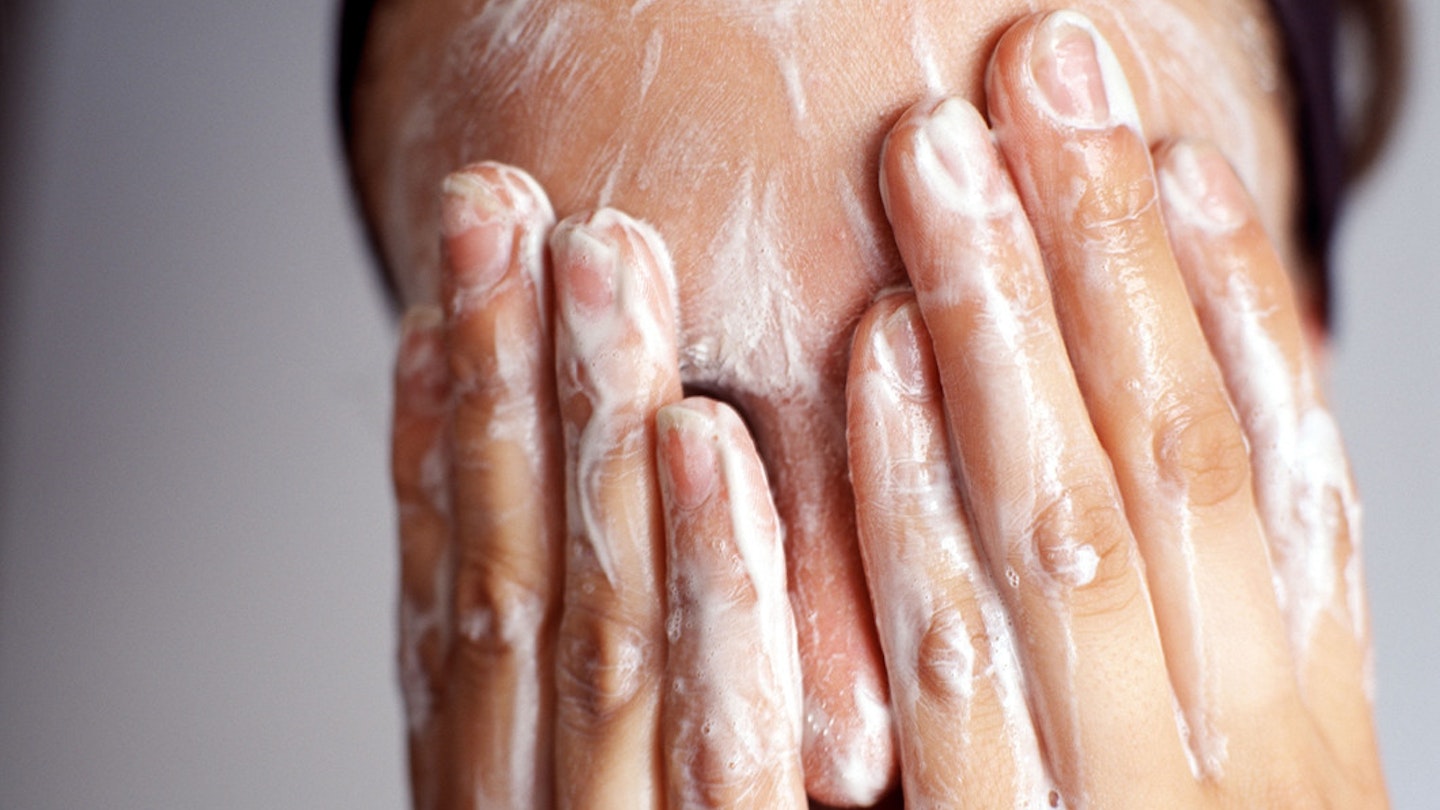We've seen plenty of skincare breakthroughs in recent years - Estee Lauder's New Dimension Range, sheet masks, organic botox - but one slightly more unwelcome addition is that of microbeads. Microbeads, which are miniscule plastic grains, are almost undetecable to the human eye, but are found in some toothpastes, face and body exfoliators and even home cleaning products.
Their function is an exfoliating one - in a scrub, they help slough off dead skin, much like a sugar scrub or a chemical exfoliator would do.
It's the size of microbeads that can makes them harmful - small enough to slip through water filtration systems, microbeads aren't biodegrable. That means every time you rinse off a scrub, or spit out a toothpaste containing the beads, they go straight down the drain into our rivers and seas.
The news gets worse - fish and other marine life are accidentally eating the beads found in the water, and ending up unwell. In fact, one study found that 35% of fish had microbeads in their stomachs.
As well as environmental concerns, microbeads are bad news for humans too. There's a school of thought that believes that microbeads could even be ending up back in the food we eat and water we drink - though there's not a great deal of research that's been done in the area. This would be doubly dangerous considering that the microbeads are considered to be hormone disrupters by some scientists.
Dentists are also voicing their concerns over microbeads in toothpaste. One hygienist noted that she was seeing more and more patients with microbeads lodged in their gums, which could leads to inflamed gums and potentially, gingivitis.
The good news is that plenty of brands have now committed to removing microbeads - L'Oreal and Johnson & Johnson have both committed to removing the beads by 2017. What's more, there's now pressure from a political level to remove the beads, with the US about to put a bill banning their use to Congress.
In the UK, the issue is on the parliamentary agenda, with MP Graham Stringer telling *The Independent, * "There is no reason for these microplastics in cosmetic products and I think they should be phased out. If they are not taken out voluntarily, then there should be legislation to ban their use." Cosmetics Europe, which represents over 4,000 personal care product manufacturers has also recommended that their members discontinue their use.
What we can say for sure is that there are countless other, more efficient ways to exfoliate than microbead scrubs.
